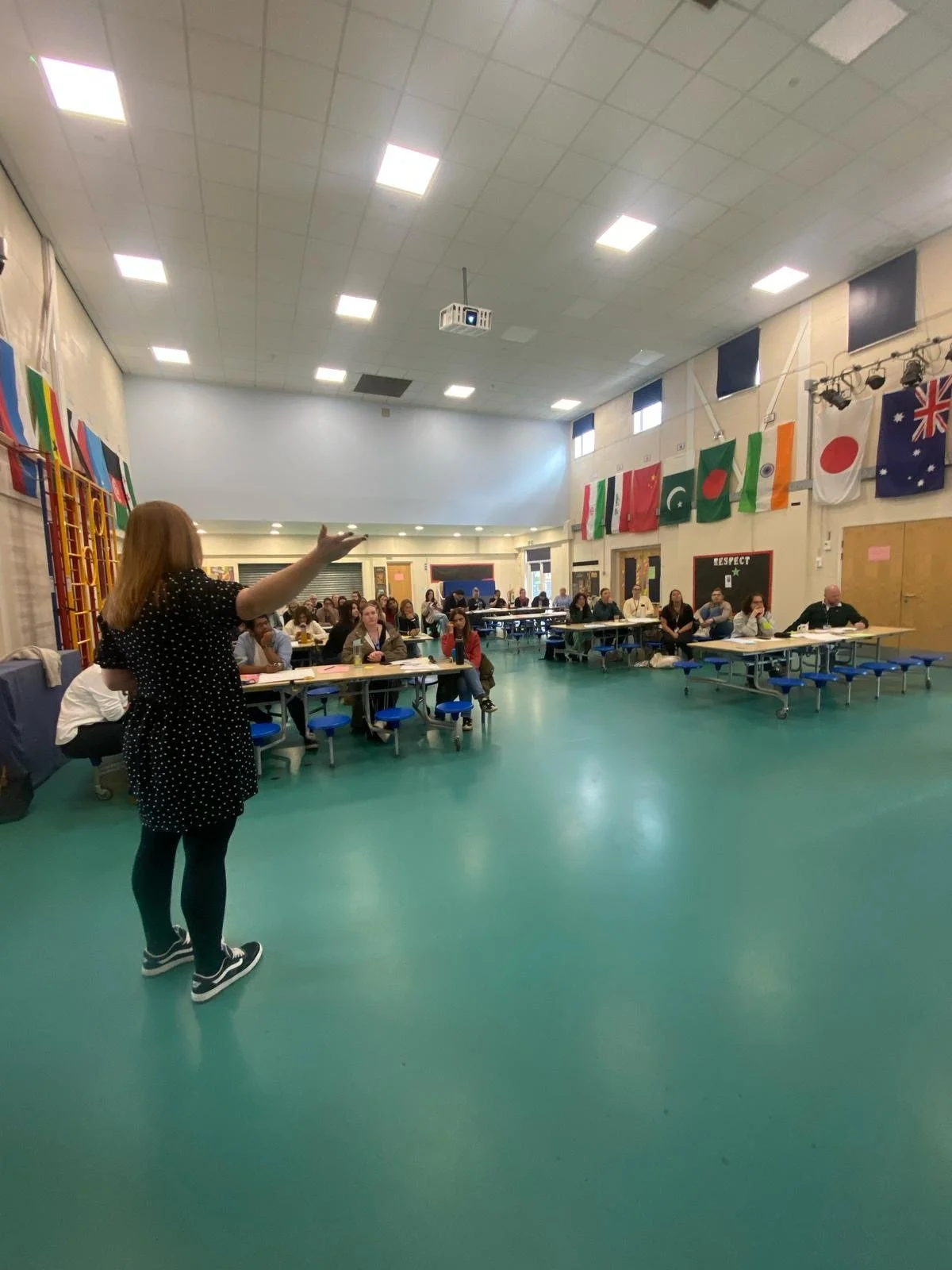From silence to support: why grief education must start now
Loss is a part of life… yet we often struggle to talk about it.
For grieving young people, that silence can be isolating, and it has the power to shape how they see themselves, others, and the world around them. Research suggests that 15% of mental health challenges in the UK stem from unresolved grief (Eade, 2021).
Grief isn’t only about bereavement.
It shows up in many forms: family or friendship breakdowns, the loss of identity or community, health challenges, forced migration, the fear of climate collapse, and dreams that suddenly feel out of reach. At The Firefly Project, we see how many young people are holding this grief without the words to express it, and without the support to navigate it.
But it doesn’t have to be this way.
Our grief awareness workshops have been co-designed with young people who have experienced loss, helping schools become communities where grief is met with care, not silence. We equip staff with the tools to feel confident in supporting grieving students, and we create safe spaces where young people can show up as they are, without fear of judgment or shame.
This work is urgent.
Grief is a universal experience; yet, many teachers are left to navigate it without any formal training. Over 90% of educators we speak with fear of saying the ‘wrong thing’ and are unprepared to support a grieving student.
That’s why, as support builds behind the Children’s Wellbeing and Schools Bill, and campaigns like Our Wellbeing, Our Voice, we must ensure that grief is part of the national conversation - rather than being silenced.
The good news is, change is coming.
In September 2026, grief education will become part of the statutory RSE curriculum. This is a welcome and necessary step forward that will help to embed grief literacy into the classroom and ensure that young people feel seen in their grief. As well as providing them with lifelong tools for connection, empathy and resilience to help themselves and others through grief.
But culture change doesn’t begin with policy - it begins with people. That’s why we’re working with schools now to lay the foundations and make sure they are prepared for this change.
We are already working with schools across the UK to build grief-aware communities from the inside out. If your school is ready to begin this journey, we would love to support you.
Together, we can build a more compassionate world where no one has to feel alone in their grief.
Jenna Maudlin



